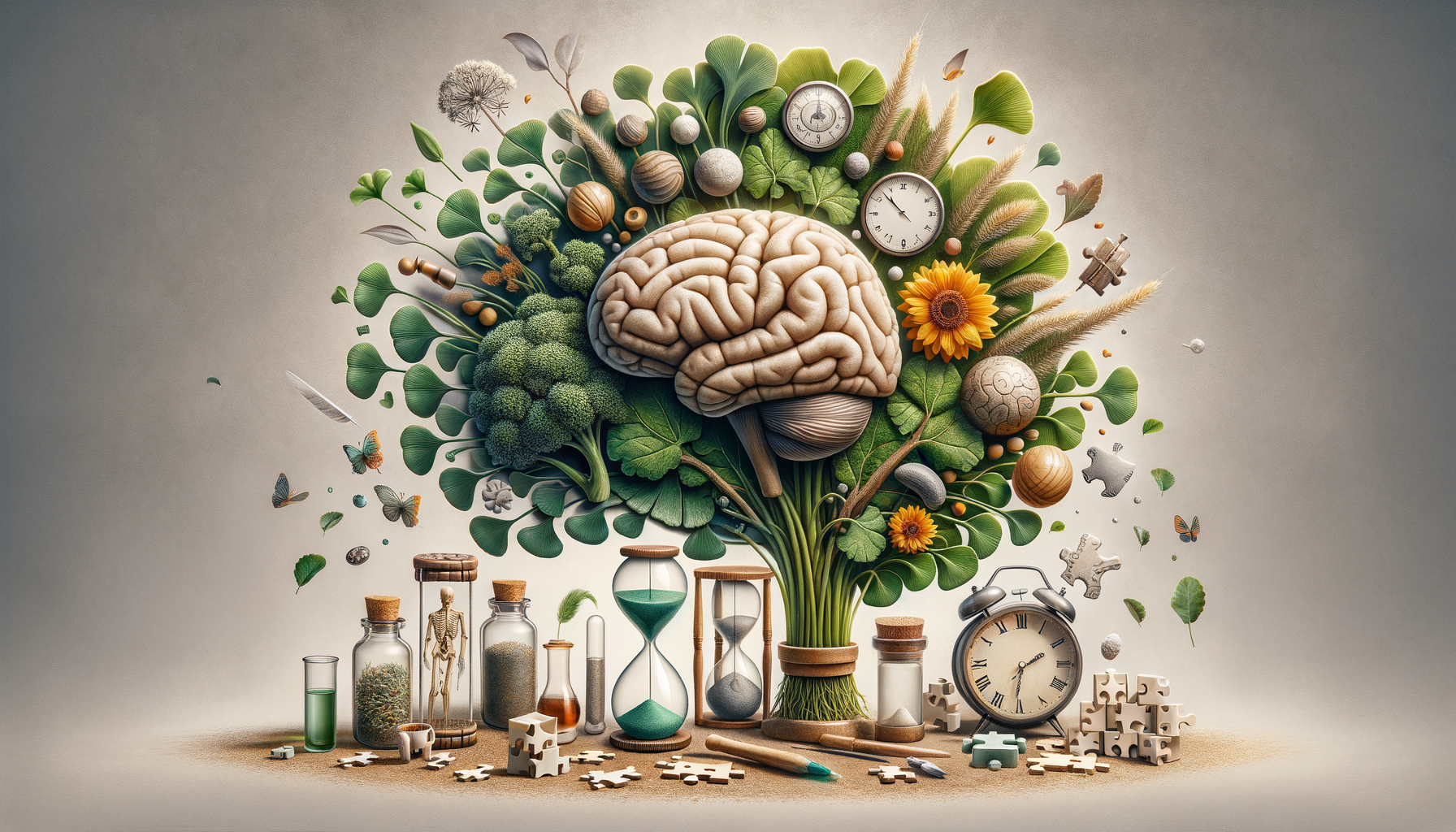Understanding Dementia: A Brief Overview
Dementia is a general term for a decline in mental ability severe enough to interfere with daily life. It’s not a specific disease but an overall term that describes a wide range of symptoms associated with a decline in memory or other thinking skills. Alzheimer’s disease accounts for 60 to 80 percent of cases. Vascular dementia, which occurs after a stroke, is the second most common dementia type. But there are many other conditions that can cause symptoms of dementia, including some that are reversible, such as thyroid problems and vitamin deficiencies.
The need to slow down dementia is crucial as it affects millions of people worldwide, posing significant challenges not only to those diagnosed but also to their families and caregivers. Understanding the underlying mechanisms of dementia can provide valuable insights into how lifestyle changes and interventions can potentially slow its progression.
Lifestyle Modifications: Diet and Exercise
Adopting a healthy lifestyle can play a significant role in slowing down the progression of dementia. Diet and exercise are two critical components of this lifestyle approach. Research suggests that a diet rich in fruits, vegetables, whole grains, and lean proteins can support brain health. The Mediterranean diet, in particular, has been associated with a reduced risk of dementia. This diet emphasizes the consumption of fish, olive oil, nuts, and legumes, while limiting red meat and processed foods.
Physical activity is equally important. Regular exercise increases blood flow to the brain and can help maintain cognitive function. Activities such as walking, swimming, or even gardening can be beneficial. Exercise not only helps in managing weight and cardiovascular health but also releases endorphins that improve mood and mental well-being. It’s recommended to engage in at least 150 minutes of moderate-intensity aerobic exercise per week.
Mental Stimulation: Keeping the Brain Active
Engaging the brain in challenging activities can help maintain cognitive function and slow the progression of dementia. Mental stimulation can take many forms, such as puzzles, reading, learning a new language, or playing musical instruments. These activities promote neuroplasticity, the brain’s ability to form new neural connections, which is crucial for cognitive resilience.
Social interaction is another vital aspect of mental stimulation. Participating in community activities, joining clubs, or simply spending time with friends and family can provide mental and emotional benefits. Social engagement helps reduce feelings of isolation and depression, which are common among individuals with dementia and can exacerbate cognitive decline.
Managing Stress and Sleep: Essential for Brain Health
Chronic stress and poor sleep quality can negatively impact brain health and accelerate the progression of dementia. Stress management techniques, such as mindfulness meditation, yoga, and deep breathing exercises, can help reduce stress levels and improve overall well-being. These practices encourage relaxation and have been shown to positively affect brain function.
Sleep is another critical factor in maintaining cognitive health. Quality sleep helps consolidate memories and clear toxins from the brain. Ensuring a regular sleep schedule, creating a restful environment, and avoiding stimulants like caffeine and electronics before bedtime can improve sleep quality. Aim for 7-9 hours of sleep per night to support optimal brain function.
Medical Interventions and Support Systems
While lifestyle changes are vital, medical interventions can also play a role in slowing down dementia. It’s essential to work closely with healthcare professionals to manage any underlying health conditions that may contribute to cognitive decline, such as hypertension, diabetes, and high cholesterol. Medications may be prescribed to manage symptoms or slow progression, but their effectiveness can vary from person to person.
Support systems are equally important for individuals with dementia and their caregivers. Support groups, counseling, and educational resources can provide valuable information and emotional support. Connecting with others who are experiencing similar challenges can reduce feelings of isolation and provide practical coping strategies.




Leave a Reply